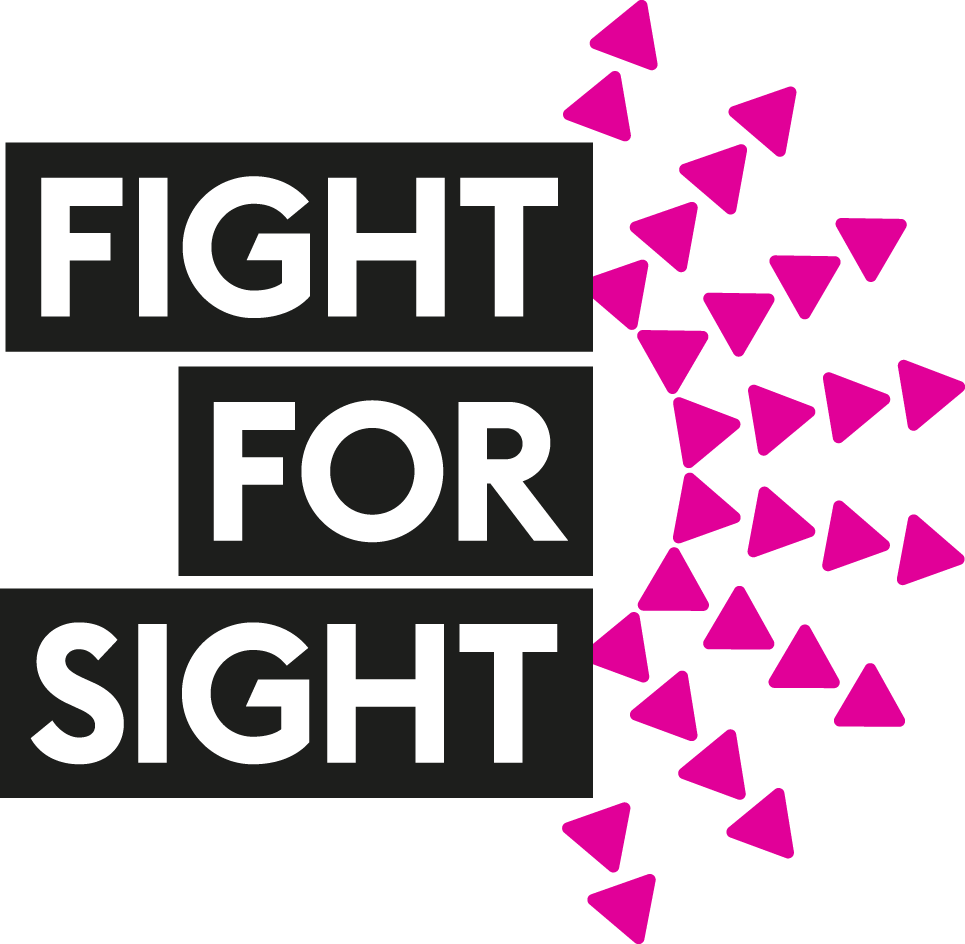
Maureen
Cole-Burns
Interim Director of Finance and Resources
Fight for Sight
Maureen tells us about her experience in the charity sector, most recently as Fight for Sight's Interim Director of Finance and Resources
Can you tell us a bit more about your work?
I have worked in the charity sector for the last 15 years, typically in small to medium sized charities, as a Finance and Resources (or Operations) Director.
As is common in such charities, my roles have not always been strictly financial but have also encompassed other types of business operations, including HR, IT, legal and compliance, and facilities.
It’s also not unusual for roles within smaller charities to require a hands-on approach, so sometimes I'll have direct reports in each of my areas of responsibility, and sometimes I'll just have to roll up my sleeves and do it myself.
What advice would you give individuals who are starting out in finance now?
If you’re interested in progression, I think gaining a breadth of experience is really important. If you work in a large organisation, you may be limited in terms of your exposure to all aspects of the finance function. I would recommend trying to move around within the finance department to get experience of different roles and responsibilities. This will broaden your skillset and prepare you for progression.
On the flip side, if you work in a smaller organisation, where this is not possible, you may have to move out to move up – ensuring that each move you make serves to broaden your skills set and knowledge.
However you do it, gaining a breadth of experience is key. Every team, colleague, client, or other stakeholder you get a chance to work with, will result in learning a new skill, approach, or perspective. If you can bottle as much of that as possible and take it forward, it will make you a very valuable addition to any organisation.
In recent years, I have been working as an interim Director which essentially means often joining organisations during a critical or transitional phase, at short notice and often with no handover. Having a wide range of experiences enables me to hit the ground running and very quickly take stock of what the issues are, what the priorities are, and where I can make the most immediate impact. I can honestly say that it’s rare that I come across challenges, that I haven’t seen before somewhere else.
We as finance professionals need to have a really good understanding of our organisations and their operations, and indeed become an integral part.
How has the industry changed since you first started out?
I’ve been working in finance for 40 years this year! I started out when there weren’t even computers, just pens and paper ledgers. At the most basic level, without the assistance of accounting systems, you had to really understand your double entry! So, looking at the younger generation today, they are very fortunate that there are systems to do all of that for them.
My first job was in the Radio Accounts department at the BBC back in 1980. Since then, I’ve been in nearly every type of organisation you can imagine, in both the UK and USA, and have found that the day-to-day functions of a finance department is generally very similar. However, in terms of personal career progression, I have found that the value-add - what makes it different and more interesting, is when you begin to take an interest in the financial performance of the organisation, and to consider the best way to interpret the information that you are producing in a useful way for decision-makers.
Even before COVID, fundraising within the charity sector, and thus financial performance, was becoming more and more challenging. So, now more than ever, bringing a commercial outlook to the organisation you're working in by providing timely and accurate financial information, and detailed planning and analysis, is crucial to ensuring that the right decisions are made to maintain sustainability.
Finance is not just about number crunching. Certainly, in the charity sector, a more professional approach to financial management and analysis has become essential. We as finance professionals need to have a really good understanding of our organisations and their operations, and indeed become an integral part.
Are these changes for the better?
Absolutely! Traditionally, the finance function perhaps wasn’t adequately acknowledged for the vital role it plays. Now, it’s widely acknowledged as core to the success of every business. Financial transparency can also help to create a positive culture in the workplace.
How would you compare the charity to the commercial sector in terms of finance?
There is not much difference apart from the way that income is derived and recorded. In the charity sector, depending on the kind of charity, it's about raising funds from the public, or applying for grants, by having a compelling mission and proving impact. Whereas in the commercial sector, you're selling a product or a service, which is very different.
But fundamentally, the nuts and bolts, the number crunching, and everything that goes on in the finance department is pretty much the same. At the end of the day, you just need to know whether you're making a profit in the commercial sector, or if you're making a surplus in the charity sector - what’s working financially, and what isn’t.
What changes / improvements do you feel finance departments need to implement to drive further change and promote greater inclusivity?
There are a lot of women working in the charity sector, so I think the gender spread is perhaps not such an issue. But there is certainly an issue around diversity beyond gender, particularly in senior positions. Many senior leadership teams and trustee boards don’t necessarily represent the audience they serve. Thankfully, with the emergence of the Black Lives Matter movement in 2020, many organisations, including charities, are now more proactive about addressing equality, diversity, and inclusion (EDI) issues.
The result of this is that there are now many more consultancies offering EDI assistance, whether it be with reviewing policies or looking at training, recruitment, and interview practices – the help is out there. It’s now a matter of organisations making the decision to drive change, and then seeking the help to do so.
